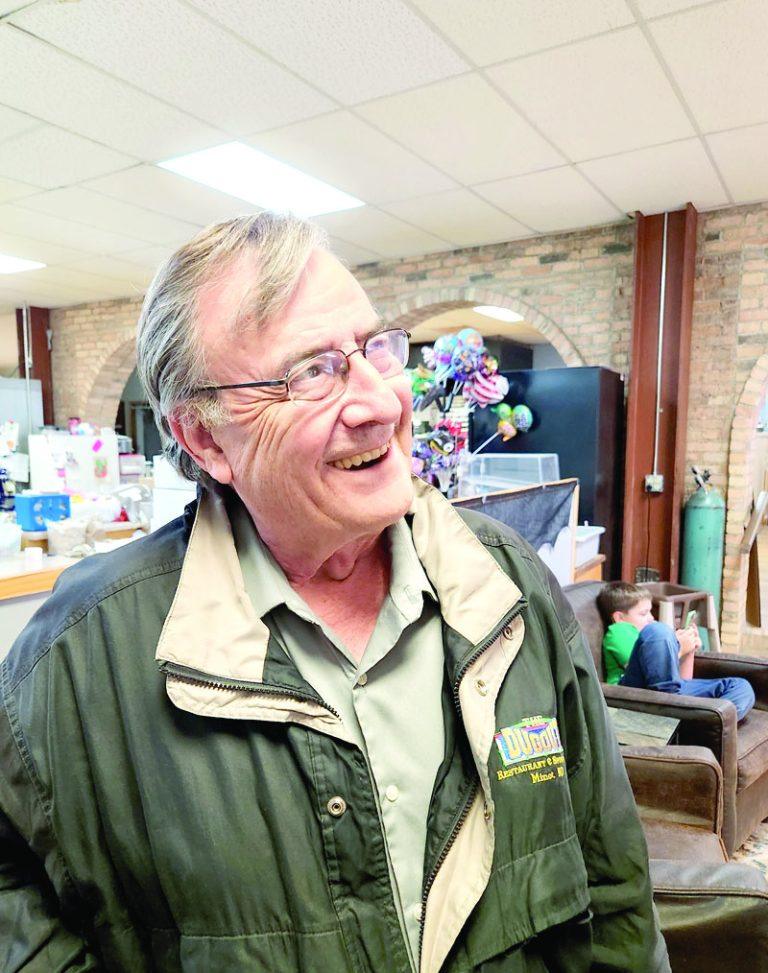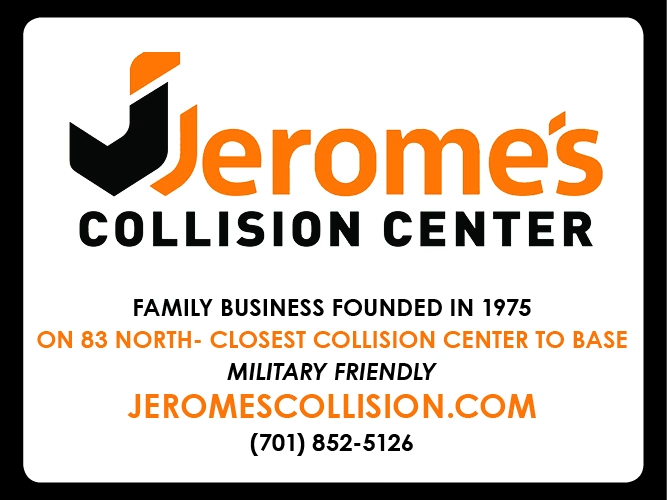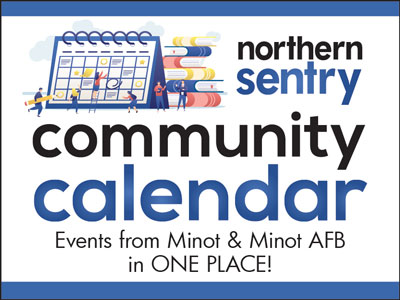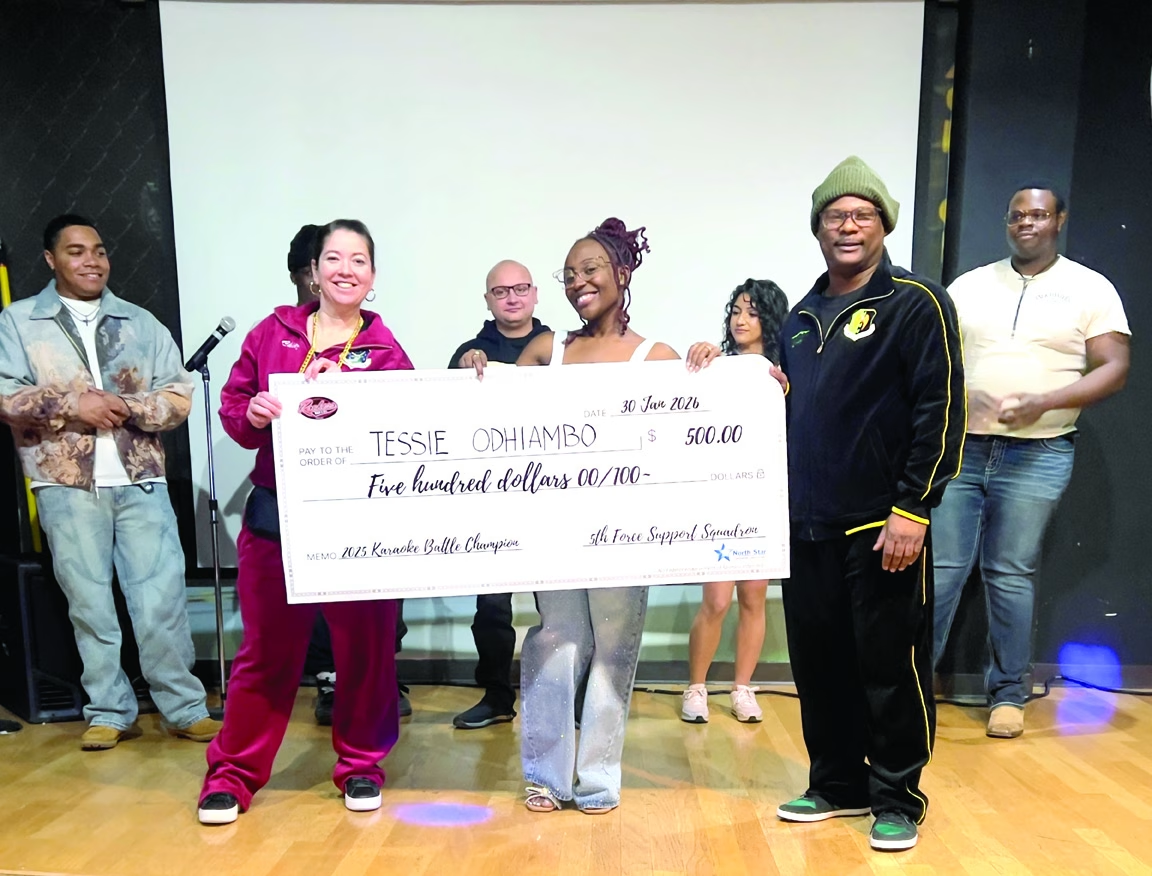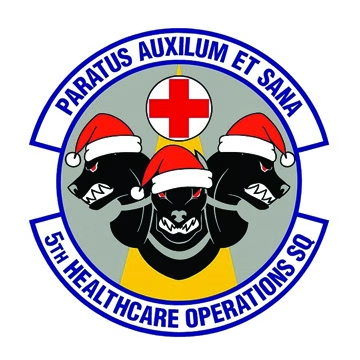It was a sense of duty. That’s how one Minot veteran described his commitment to military service.
Andy Maragos, 80, son of a Greek immigrant, credits his father with instilling in him a strong work ethic and sense of pride in the United States.
“My father came to Minot about 1915 with the railroad as a Gandy Dancer. He laid railroad track.” said Maragos. “Dad came through Ellis Island. To speed citizenship, he enlisted in the Army and went to France in WWI.”
After returning from WWI, Maragos’ father owned and operated several businesses in early day Minot, including farm to market stores in the city. Andy Maragos, one of nine children, remembers working for his father.
“We grew up stocking shelves, dusting, carrying out groceries. Dad gave us responsibilities. We always had something to do. It was a great life,” said Maragos. “Dad wanted us to be smart and responsible. I was very blessed in that regard.”
Following his graduation from Minot High School, Maragos enrolled at the University of North Dakota and its ROTC program, a natural step for a young man considering a career in the military. Upon graduation from UND he was commissioned into the Army in 1960. A weak eye precluded him from combat branches of the military.
“I was relegated to the medical service corps and basic at Fort Sam Houston, Texas. That’s where I entered the Army,” said Maragos. “I went to medical school and became a supply officer.”
The year was 1968 and the Viet Nam war was ramping up. Maragos was assigned to the 5th mechanized infantry division at Fort Carson, Colorado in preparation for overseas duty. He was soon on his way to the war zone in Viet Nam, assigned to the 11th armored cavalry regiment.
“Tanks,” remarked Maragos. “My first commander was George Patton III. He was a colonel then and well-liked by his troops. We were the Black Horse, a well-known unit in the Army – well-known.”
Maragos had what he described as “quite an interesting job”, that being to advise the commanding officer as to medical supplies. A surgical hospital was set up at a base camp in the theater of war, for the purpose of providing definitive medical care for the surrounding combat area.
“I was the supply officer for the 11th Cav as well as being the supply officer for the entire regiment,” recalled Maragos. “Everything I did was a sense of duty.”
That duty included being creative at times for the betterment of others in uniform, such as when he sought an upgrade to x-ray equipment. Maragos was able to secure a full body x-ray machine but had no table necessary for its use.
“I decided to confiscate a table at the depot,” said Maragos with a slight grin. “I opted for rarely used mission authority. I found out where the tables were stored and brought a 6’5” Pennsylvania miner with me. He was about 260 pounds of muscle. We took a table back and were able to properly x-ray wounded soldiers.”
Though not serving in a direct combat role, Maragos’ time in Viet Nam wasn’t without some very anxious moments. The Viet Cong, or “Charlie”, were anywhere and everywhere, especially at night.
“They were always probing. You had to be really vigilant at night. They were remarkably stealthy and remarkably good at penetration, getting through the wire. If they got in, they created havoc,” said Maragos.
An often-used tactic of the Viet Cong was to lob rocket fire onto U.S. bases wherever they might be. Maragos had some firsthand experience during an assignment near the Cambodian border. A day prior to his arrival a rocket struck the outside corner of his billet, putting a 6–7-foot hole in the ground.
“I foolishly walked down into that hole to inspect the corner of the building. I know others were upset at having to follow me. When we were all down in that hole, guess what?” said Maragos. “A rocket came in right on top of the building. Because we were all below ground none of us even got shrapnel.”
Looking back on his service, Maragos says he enjoyed his tour of duty and would do it again “in a heartbeat.” He cites working with people from throughout the United States that he otherwise never would have met as a benefit to his service. But, said Maragos, there’s much more reward to serving your country.
“It gives you a sense of pride to be part of something bigger than yourself. That you weren’t an embarrassment to anybody. That you improved situations and did good things. To me, that’s very important for self-appreciation,” said Maragos.
His dedication to his job and fellow soldiers led to Maragos rising to the rank of Captain. He was discharged from the Army in 1970, joining the ranks of thousands of veterans who live and work among us today, enriching countless communities across the U.S. To all – thank you for your service.

